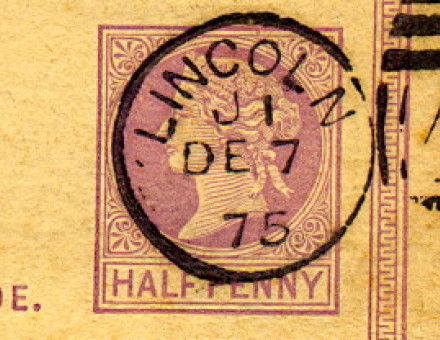Puritans at the Font
J. Leslie Nightingale describes how, during the 17th century, Puritanism spread into English villages, with the twelve sons of Jacob and all the major and minor prophets to be found on the village greens. Names after the Christian graces and virtues—Patience, Honour, Faith, Hope, Charity—were also widely bestowed at Puritan baptisms.





